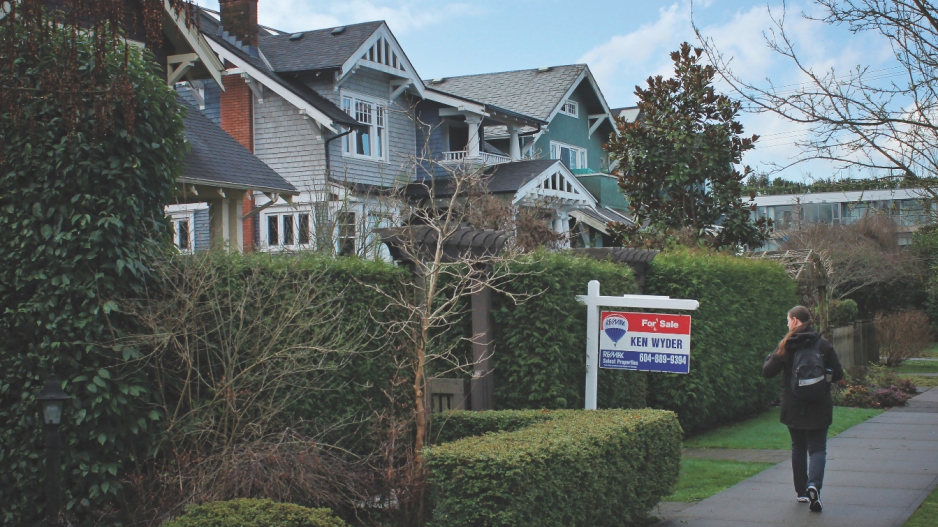Concerns over the region’s housing crunch are eclipsing other hot-button topics such as transportation and crime as Metro Vancouver voters prepare to elect their next city councils and mayors in October, according to a new survey.
The housing woes plaguing the region appear dire enough that the Sept. 8 survey commissioned by the Greater Vancouver Board of Trade (GVBOT) and conducted by the Mustel Group reveals 52 per cent of residents are considering leaving the region.
That’s up from 46 per cent in 2018, when the last municipal elections unfolded across the province. Those most inclined to move right now are respondents 18-34 years old (71 per cent) and residents of the City of Vancouver (61 per cent), the most expensive housing market in Canada.
Politicians appear to be on the same wavelength as voters, with the survey showing that the former group named housing as their top priority, followed by planning/infrastructure and environment/climate change.
Respondents representing businesses revealed that permitting/licensing/red tape is their top priority heading into the Oct. 15 election, followed by housing and crime.
Transportation/transit and crime are the No. 2 and No. 3 issues, respectively, for the general public, according to the survey.
“Our survey found a strong consensus among business owners, members of the public and politicians that municipal leaders elected in October must bring practicable, evidence-based and actionable solutions to these persistent challenges if we want our region to thrive,” Bridgitte Anderson, the GVBOT’s president and CEO, said in a statement.
While both the public and politicians are in lockstep when it comes to housing as the top priority, there are some notable gaps with how they want to address it.
The biggest split comes with densification.
Just under half (48 per cent) of voters are in favour of boosting density “significantly” on busier streets or transit corridors and adding multi-storey buildings compared with 72 per cent of politicians.
Instead, 64 per cent of the general population would prefer to encourage more non-market/social housing for people with low incomes compared with 88 per cent of politicians preferring that route.
And politicians also greatly favour prioritizing rental housing (67 per cent) over owned/strata/condos compared with 59 per cent of voters.
“Residents accept the need for multi-family housing but only if it’s a scale that can be accommodated by their neighbourhood,” Mustel Group president Evi Mustel said in a statement.
Voters are becoming increasingly pessimistic about expectations of housing affordability and their quality of life in the next five years, with 71 per cent of respondents stating they expect things to worsen compared with 62 per cent in 2018 (two years prior to the pandemic). Ten per cent expect things to improve in the next five years.
Politicians might come off as pollyannaish to the average voter with 26 per cent expecting affordability and quality of life to improve and just 39 per cent expecting it to worsen.
And there’s a significant gap between the two groups when it comes to property taxes.
Nearly half of voters (47 per cent) believe those taxes have failed to be allocated in a way that has improved city services compared with more than two-thirds (68 per cent) of politicians who believe those taxes have been effective.
Meanwhile, more than half of voters (55 per cent) believe investment in transit has been inadequate compared with 77 per cent of politicians.




